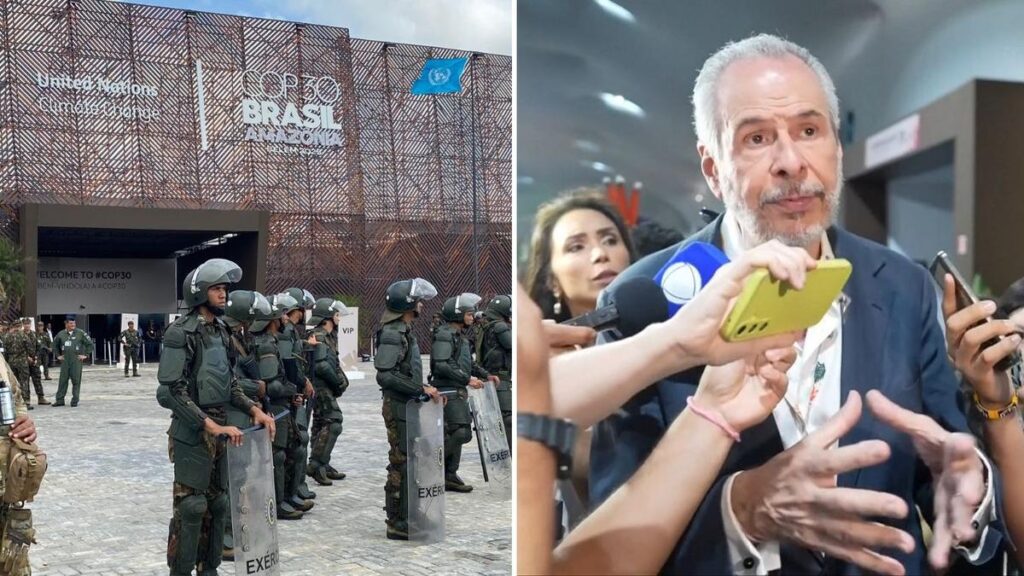
The COP30 summit in Brazil has been extended due to an impasse among representatives from nearly 200 countries over a critical agreement aimed at enhancing global climate efforts. A significant point of contention is whether the summit should endorse a plan to phase out fossil fuels, including coal, oil, and gas. More than 80 countries are advocating for a structured approach to this transition, but resistance remains strong, particularly from nations that rely heavily on fossil fuel production.
During a public plenary session, COP30 president André Corrêa do Lago urged delegates to work towards a consensus. “This cannot be an agenda that divides us,” he stated, emphasizing the need for unity as negotiations continued. The divisions surrounding fossil fuels highlight the challenges of achieving a collective agreement at the annual conference, which is seen as a crucial test of global commitment to combat climate change.
In the early hours of the summit, Brazil released a draft text for a potential agreement that notably omitted any references to fossil fuels, a substantial departure from earlier versions that included various options regarding their phase-out. This alteration has drawn criticism, particularly from oil and gas-producing nations, which deemed the previous options unacceptable.
Juan Carlos Monterrey, Panama’s lead negotiator, expressed his discontent during a press conference, stating that neglecting to address fossil fuels in the COP30 agreement would render the discussions meaningless. “Failing to name the causes of the climate crisis is not compromise. It is denial,” he asserted, underscoring the urgency of addressing the issues at hand.
The necessity for a consensus-based agreement is paramount, as previous COP summits have often exceeded their deadlines before ultimately reaching compromises. Any deal would require unanimous approval from nearly 200 participating countries. The absence of an official delegation from the United States, under President Donald Trump, who has previously dismissed climate change as a hoax, adds another layer of complexity to the negotiations. Corrêa do Lago remarked on the significance of rallying support around COP30, stating, “The world is watching.”
Countries have been engaged in prolonged discussions regarding the future of fossil fuels, which are the primary source of greenhouse gas emissions linked to climate change. Many delegations are advocating for a detailed “roadmap” that outlines how nations can fulfill commitments made at COP28 two years ago to move away from fossil fuels.
During consultations, Wopke Hoekstra, the European Union’s commissioner for climate action, stressed the importance of ensuring that the transition from fossil fuels to clean energy is reflected in the agreement. “We need to make sure that the shift from fossil fuels to clean energy is real and in the text,” he stated.
A Brazilian negotiator later indicated to Reuters that the language concerning fossil fuels is unlikely to be reinstated in the agreement, with the summit presidency focusing on only minor adjustments to the existing draft. As negotiations continue, the outcome remains uncertain, highlighting the intricate dynamics of international climate policy and the competing interests at play.







